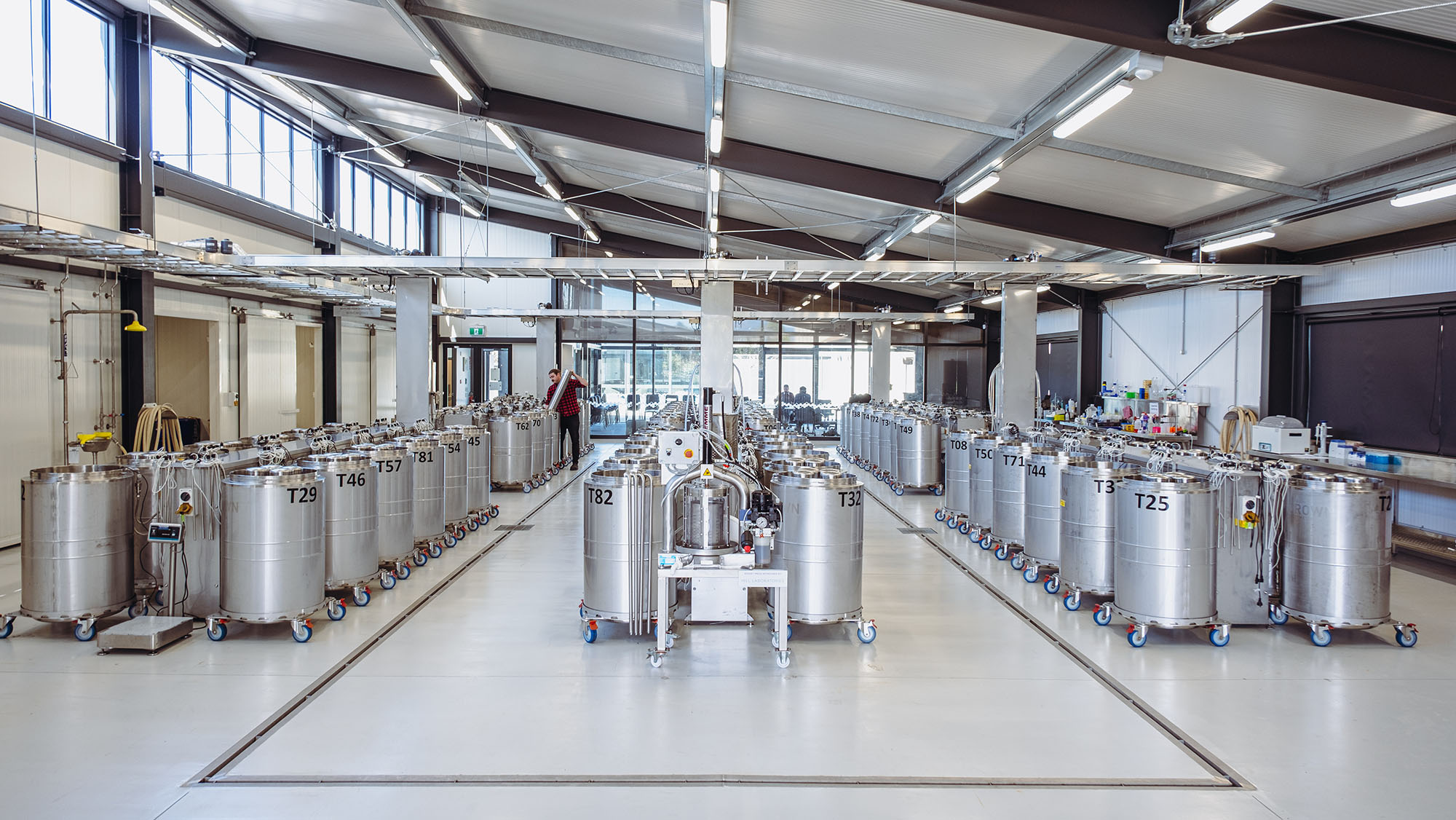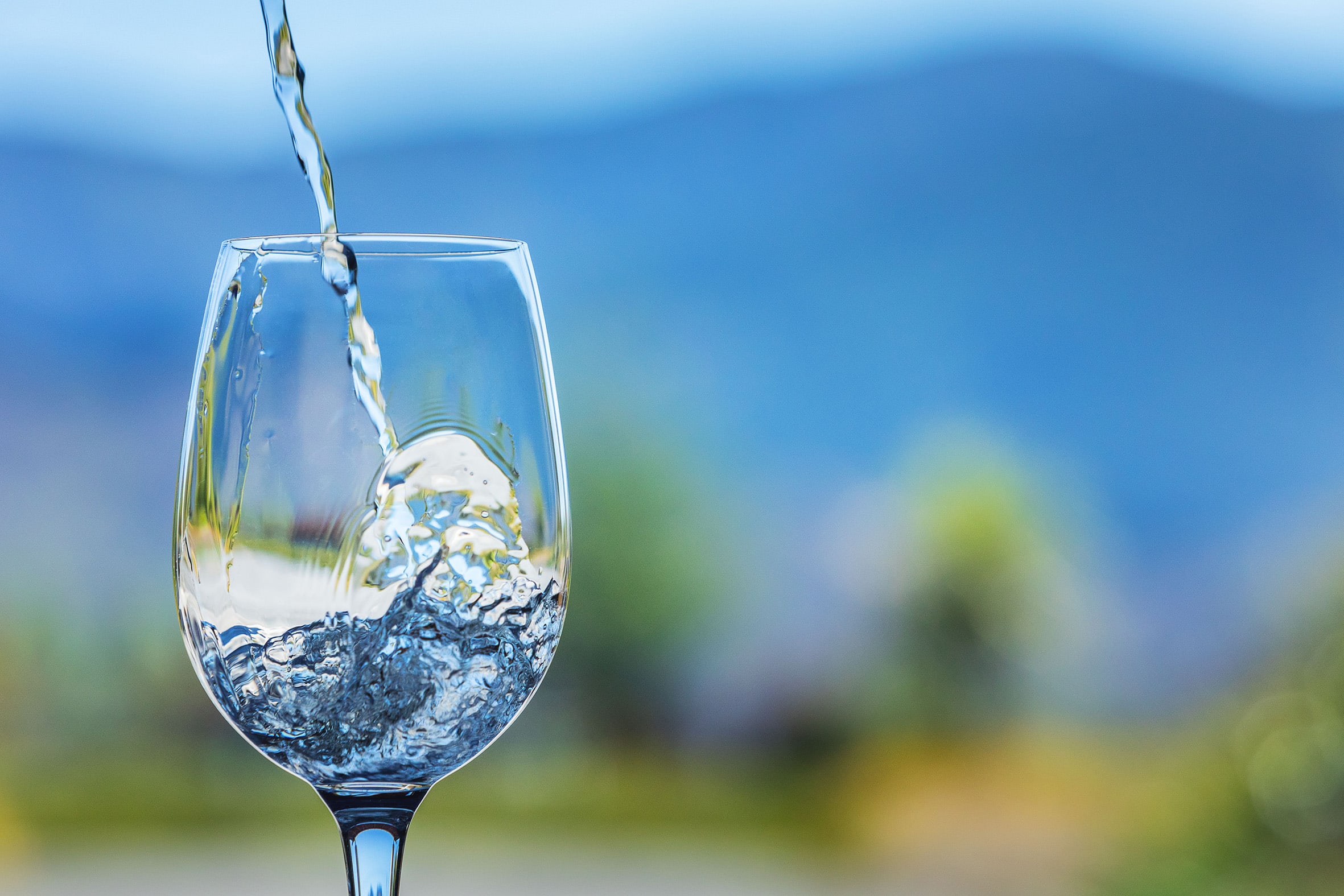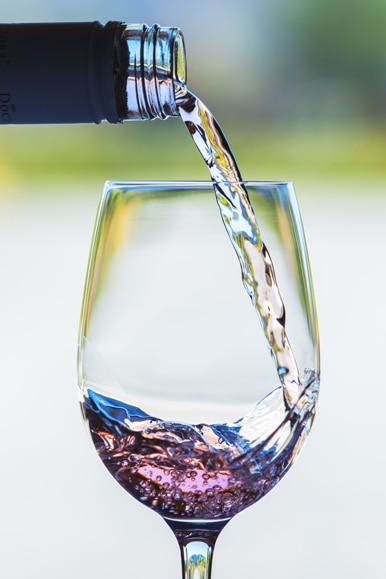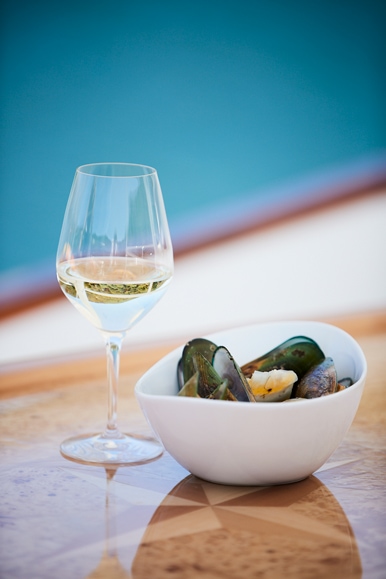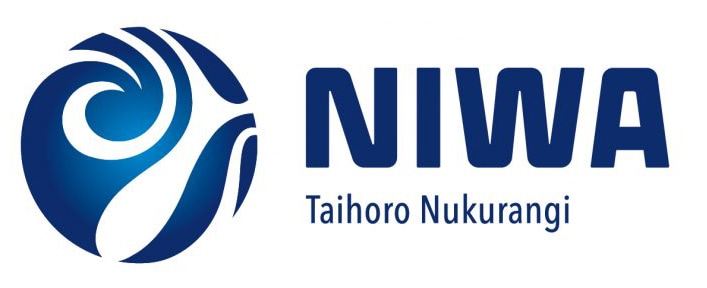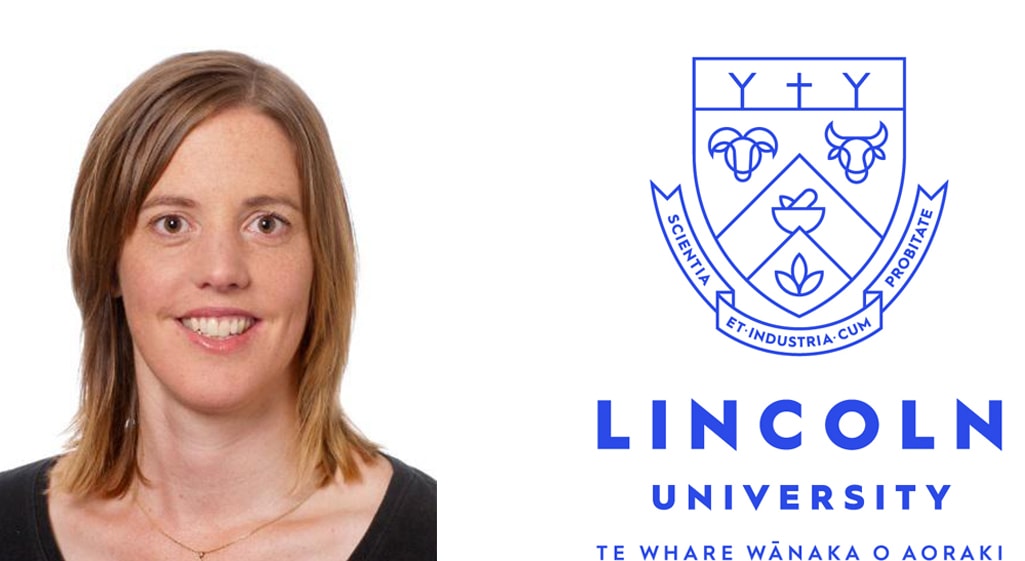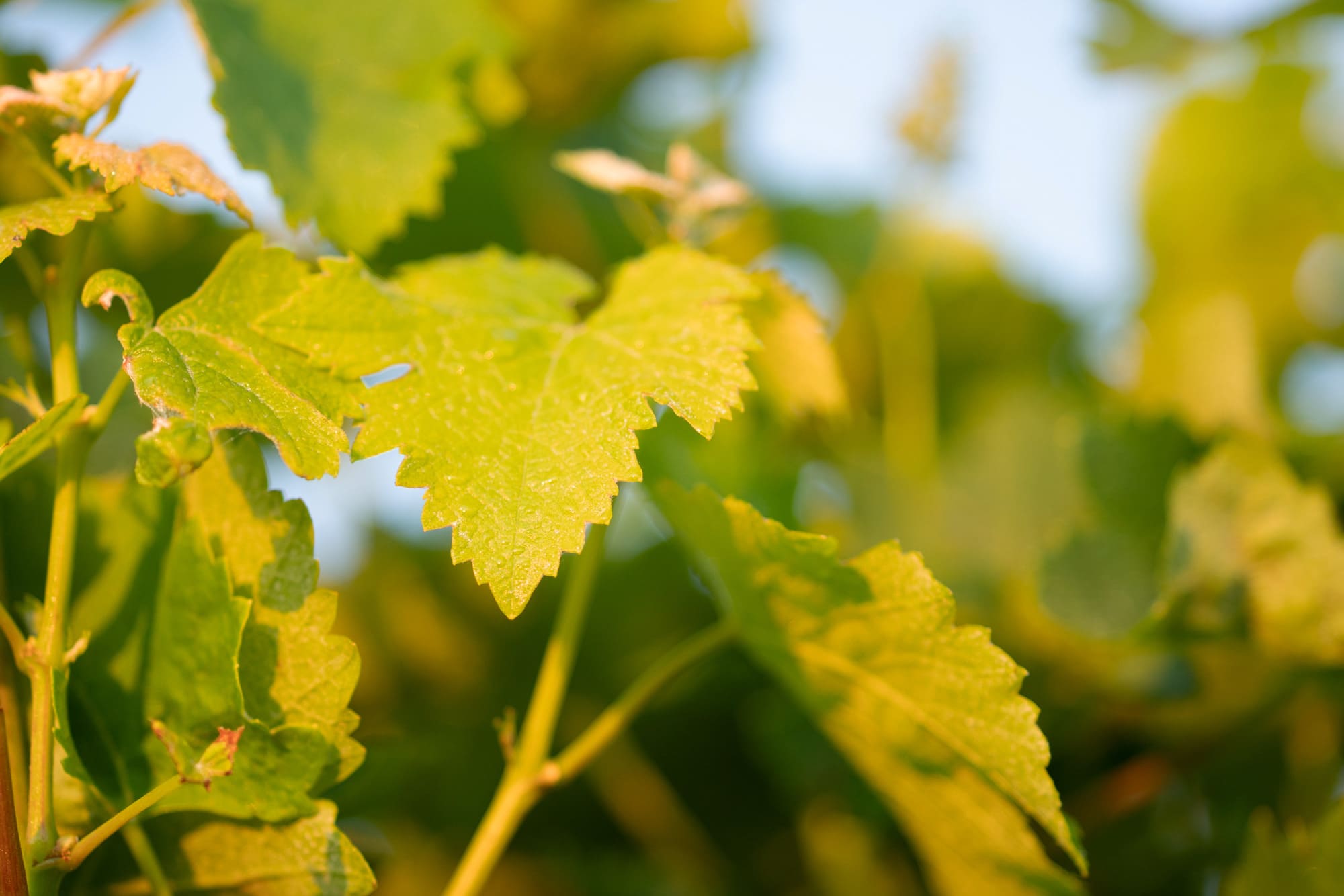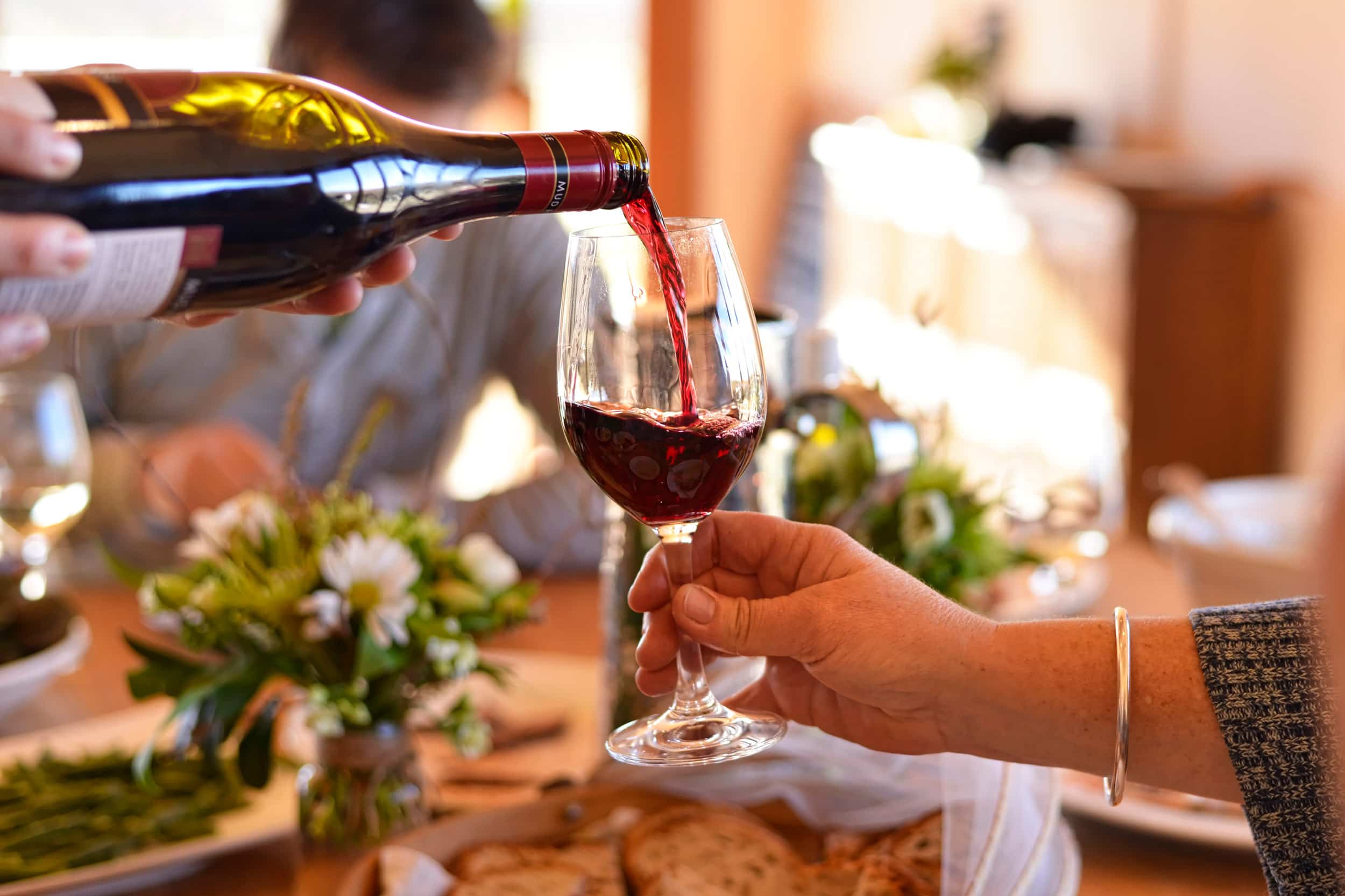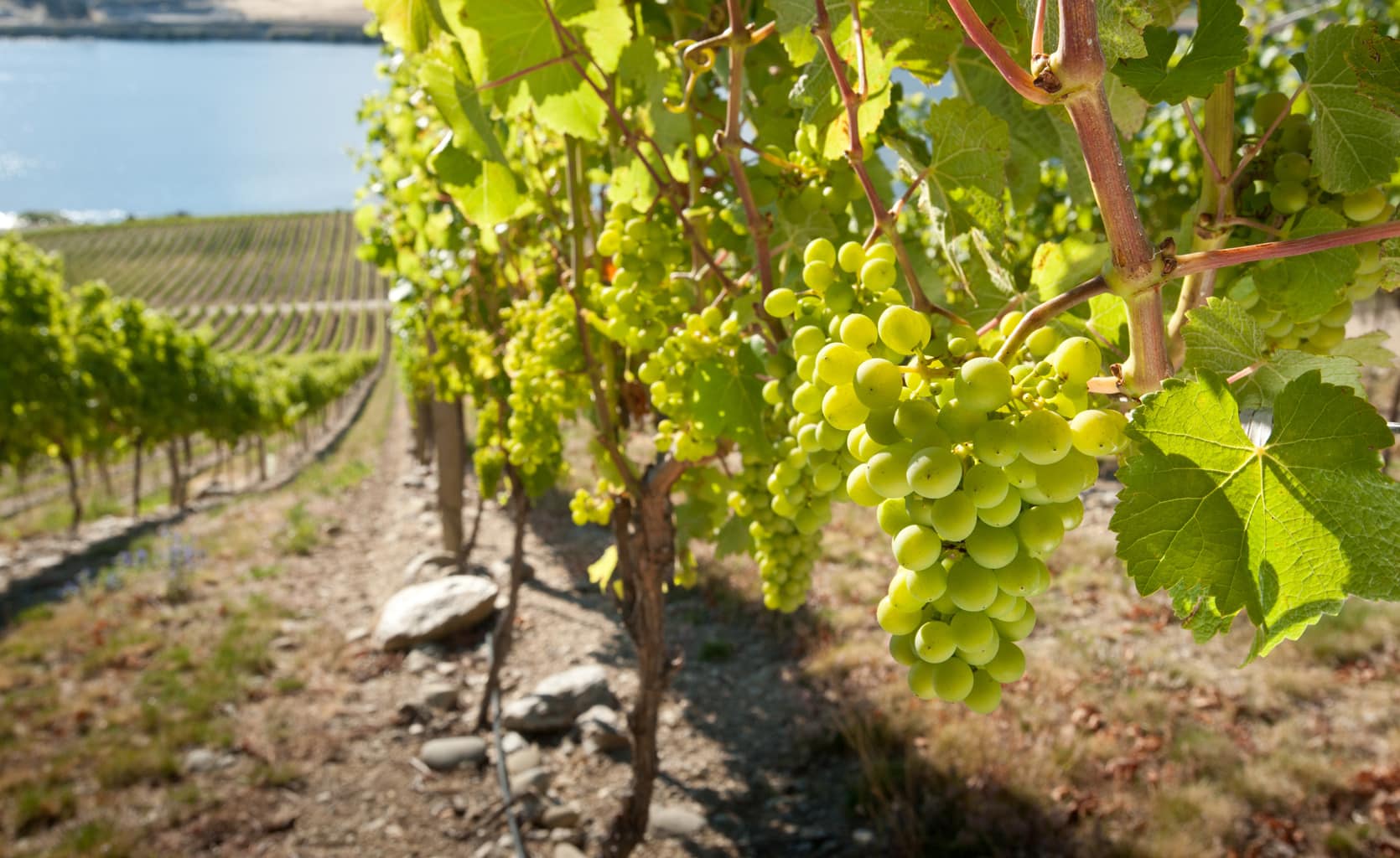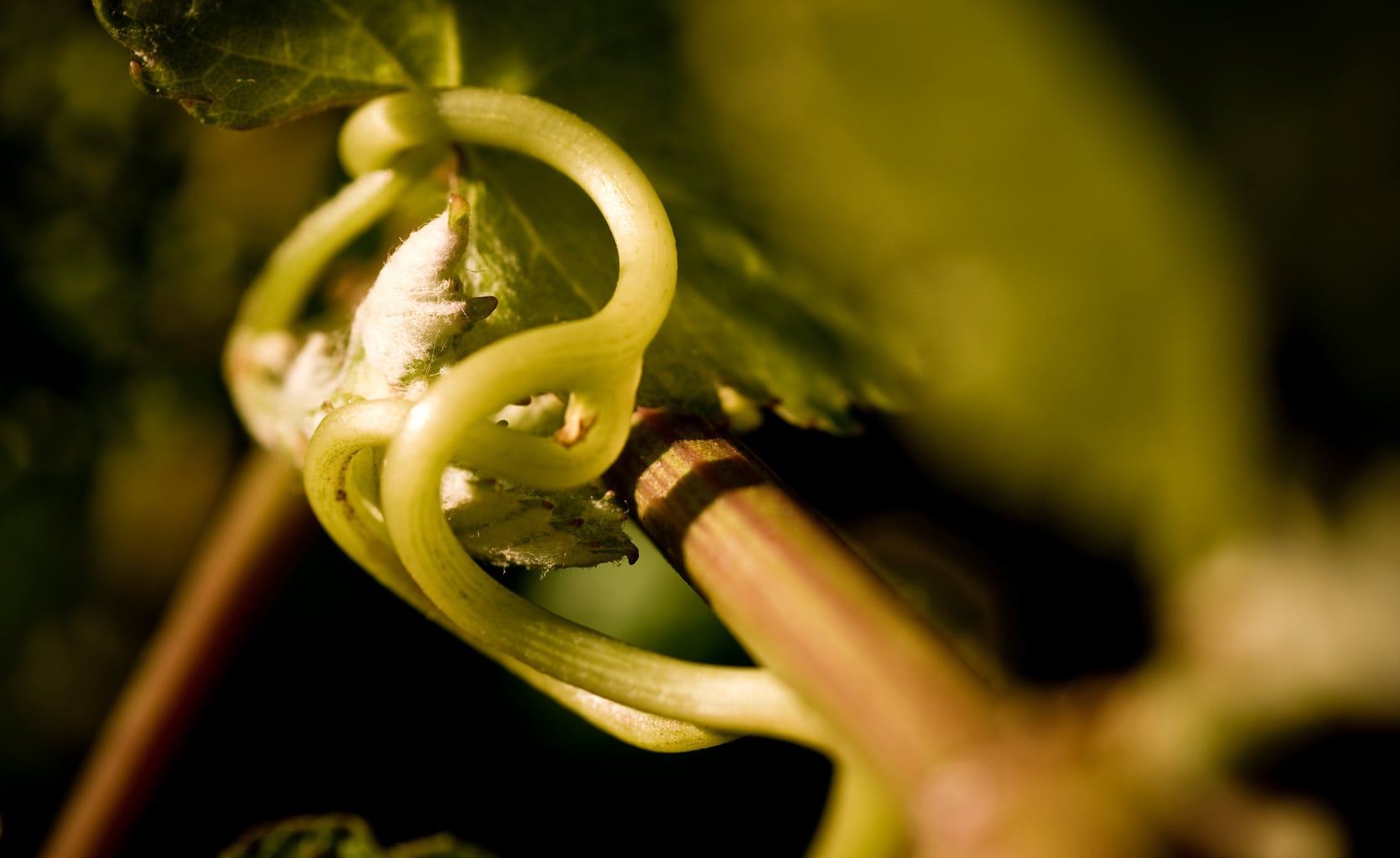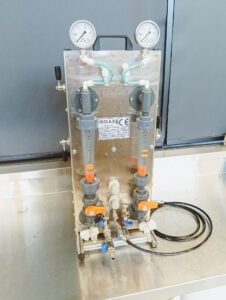 Lighter wines, typically containing less than 10% ABV, have become increasingly popular among consumers who are looking for beverages with fewer calories, a gentler alcohol effect, and a more mindful drinking experience.
Lighter wines, typically containing less than 10% ABV, have become increasingly popular among consumers who are looking for beverages with fewer calories, a gentler alcohol effect, and a more mindful drinking experience.
As the demand for lower-alcohol beverages continues to grow internationally, Kiwi winemakers are seeking innovative ways to produce wines that align with these modern consumer preferences, while maintaining the quality New Zealand wine has become famous for.
In addition to consumer demand, winemakers may be interested in developing a lighter line of wines to avoid higher tax brackets when exporting. The option here may become a particularly useful tool in the face of warmer vintages where growers are dealing with higher brix fruit, leading to higher alcohol levels post-ferment.
Whatever the motivation, the aim to make exceptional wines with reduced alcohol content is indeed a challenge, even one that many may be put in the ‘too hard basket’, especially given the ideal lighter alcohol wine is one which not only preserves, but showcases and exemplifies complex flavours, aromas, and mouthfeel.
So where to begin? For those looking to explore this avenue, Bragato Research Institute (BRI) is equipped to offer reduced alcohol winemaking trials with the addition of a new benchtop dealcoholisation machine in its research winery.
The unit (produced by Juclas) utilises a cutting-edge inert polymer membrane specifically developed to remove alcohol without affecting colour, flavour or tannin structure. In the context of the research winery, the team at BRI is excited to use this tool in running bench trials, where we’ll be able to dealcoholise ferments at different rates and make comparisons with tasting to find the ‘sweet spot’ winemakers are looking for.
By running a trial with BRI and taking advantage of its 17l ‘tube’ fermenters, winemakers will be able to gain greater insight into low alcohol winemaking by having more control to adjust and compare variables, including fermentation temperature, yeast, nutrient, and additive selection, as well as the ability to compare wines made from fruit selected across different blocks.
When it comes to running a winemaking trial, each ferment can provide valuable data in relation to the impact different variables may have on the final product. This allows winemakers to make informed decisions when it comes time to scale up production.
BRI understands that the low alcohol / lighter wine market is evolving rapidly, and winemakers need to stay ahead of the curve. BRI’s expertise in small-scale fermentations means it is able to effectively provide a platform for clients to explore new ideas without the risk of large production commitments.
So, whether you’re looking to test new grape varieties, experiment with techniques, ingredients, or simply want to better understand how alcohol reduction impacts flavour out of sheer curiosity, the BRI team can offer the tools and support necessary to guide you through the process of developing new products or optimising existing ones. Get in touch at winery@bri.co.nz to learn how we can support your next innovation in winemaking.


